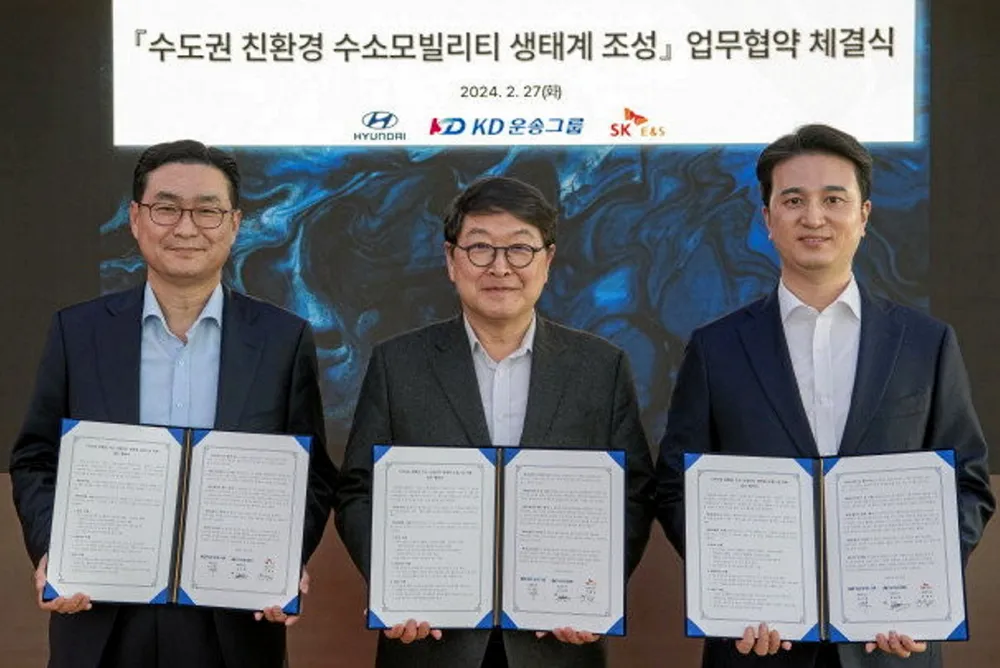Hyundai to supply 1,000 hydrogen buses to run in South Korean capital and surrounding area by 2027
Deal represents a fifth of bus operator KD Transportation’s nationwide fleet

Deal represents a fifth of bus operator KD Transportation’s nationwide fleet
